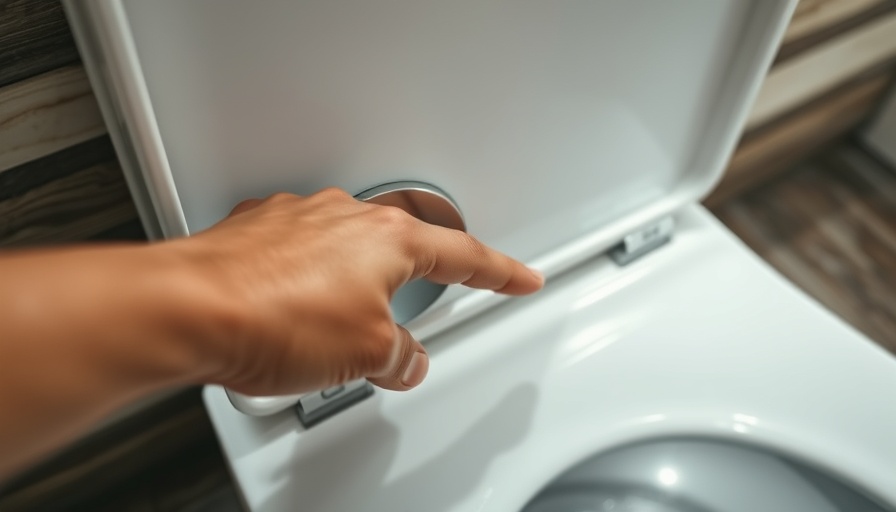
What Not to Flush: Understanding the Basics
The job of a toilet may seem simple, but it's surprisingly intricate when it comes to what can and cannot be flushed. According to plumbing experts, only three things truly belong there: pee, poop, and toilet paper. Most people don't realize how the items they flush can cause unexpected blockages—leading to stressful and sometimes expensive plumbing crises.
Common Items That Clog Toilets
Despite the clear advice from plumbers, Americans are notorious for flushing a variety of inappropriate items. A recent survey underscores this troubling trend:
- Wipes (43%): Many Americans mistakenly believe that "flushable" wipes can be safely discarded in toilets. Unfortunately, even those labeled flushable are often culprits in causing severe clogs. They don't easily disintegrate and can lead to costly repairs when they block plumbing.
- Feminine Hygiene Products (16%): Though convenient, flushing tampons and pads can lead to major plumbing disasters. These products are designed to absorb liquid, which means when they hit the water, they expand and can cause frustrating backups.
- Medications (8%): Many are unaware that flushing medications poses environmental risks. The FDA warns that flushed medications can contaminate water supplies, impacting both ecosystems and public health.
The Costs of Improper Flushing
The financial implications of flushing improper items add up quickly. Emergency plumbing services can range from $150 to over $500, depending on the severity of the clog. Moreover, the emotional toll of dealing with bathroom disasters can be just as frustrating. Such situations disrupt daily life and create unnecessary hassle when something as simple as proper disposal could have prevented it.
Simple Solutions for Better Waste Disposal
To avoid these calamities and promote a healthier living environment, it's crucial to dispose of waste responsibly. Here are a few key tips:
- Invest in trash cans with lids for bathroom use.
- Educate family members on appropriate flushing habits.
- Consider eco-friendly alternatives for cleaning wipes and hygiene products that are safe for sewers.
Understanding the Bigger Picture
This issue highlights a larger conversation about waste management and environmental responsibility. It serves as a reminder not only to maintain plumbing health but also to remain conscious of how our daily choices can impact the planet. Flushing away inappropriate items can affect everything from plumbing to local water quality. Awareness empowers us to make informed decisions.
Conclusion: Be Mindful of What Goes Down
Being aware of what we flush might seem trivial, but it plays a significant role in our plumbing health and the environment. By taking responsibility for our waste disposal habits, we can save ourselves from costly repairs and contribute to a healthier planet. Whether it’s opting for reusable products or simply throwing wipes in the trash, every small effort counts. Let’s flush away confusion and choose smart habits.
 Add Row
Add Row  Add Element
Add Element 


 Add Row
Add Row  Add
Add 

Write A Comment